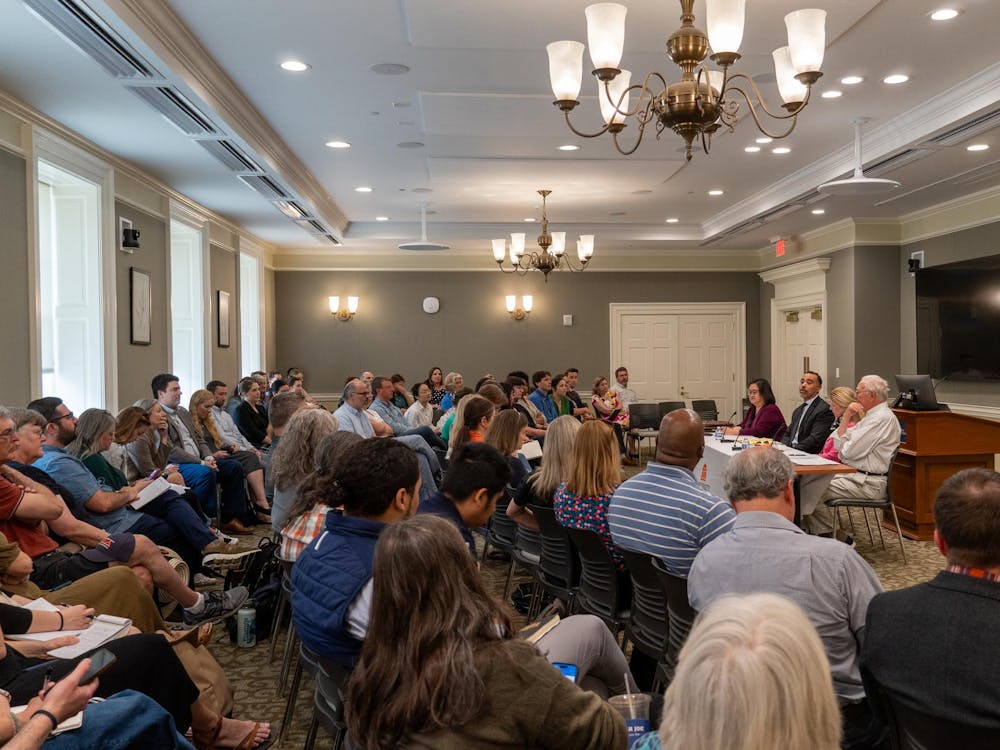Professor Emeritus of Psychology E. Mavis Hetherington's new book is challenging recent research about the effects of divorce on individuals.
"For Better or For Worse: Divorce Reconsidered," released Jan. 21, is the culmination of research involving 1,400 families and more than 2,500 children. Hetherington studied families for varied lengths of time, some as long as three decades.
According to Hetherington's results, 75 to 80 percent of children of divorce go on to become fairly well-adjusted adults.
The study also finds that 30 percent of divorcees go on to enjoy greater success at work and as parents. Another 40 percent are not lastingly affected by their divorce either positively or negatively.
However, Hetherington's study also reflects the repercussions of divorce. Results indicate that men and boys adjust less well emotionally after a divorce than do women and girls, who often rebound to become more able and successful despite financial setbacks. Divorced men often do poorly alone and remarry quickly, and boys in divorced families often lose touch with their fathers.
The study also addresses increased future psychological problems for divorced children. Twenty-five percent of children from divorced families have serious social, emotional or psychological problems versus 10 percent in intact families. Twenty percent of children in stepfamilies struggle with depression or anti-social behavior versus 10 percent in intact families.
Fewer than 20 percent of young adult stepchildren feel close to their stepmothers, according to the study. Tension between stepchildren and stepmothers may be related to a higher level of divorce in remarriages than in first marriages.
Seventy percent of young people from divorced families see divorce as an acceptable solution to marital problems, even if children are present. Only 40 percent of children from intact families feel the same, the study reveals.
Critics of "For Better or For Worse" cite the work of Judith Wallerstein, a social worker whose 25-year study of 56 families casts children of divorce as hopelessly unable to recover.
Nevertheless, psychologists continue to praise Hetherington's research methods and the large scope of her study.
Hetherington's "research has really served to define this field over a period of years ... she's probably the best known single person in this field," Psychology Prof. Catherine Patterson said.
Hetherington emphasized that "For Better or For Worse" is not meant to advocate divorce.
"I think this book is anything but pro-divorce. I'm very careful to say that I've never seen a victimless divorce ... in which a mother, child, father, one of them didn't suffer," she said. "But the vast majority are able to go on to have happy, successful lives."
Hetherington said she intends to continue work on the studies that inspired the book, which still are in progress.
"We're following up the families as the children have their own children ... but you know, I would like it to end pretty soon," 75-year-old Hetherington said. "I enjoy writing and I enjoy speaking but I've been doing a lot of it lately!"
Norton, W.W. & Co, Inc. published her book, which she co-authored with journalist John Kelly.






